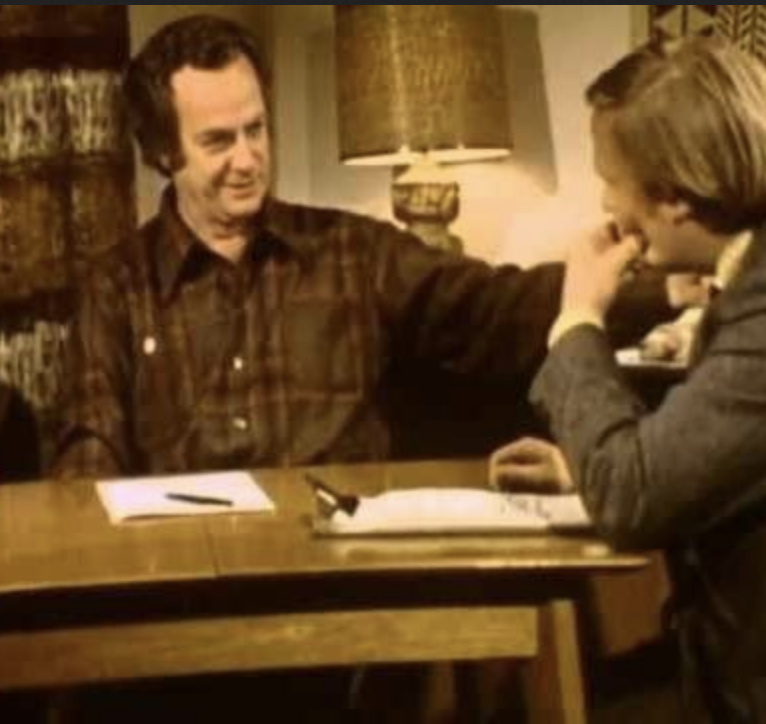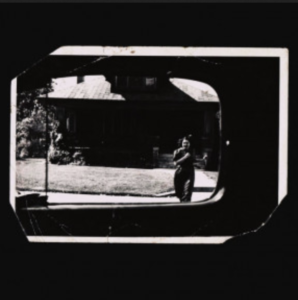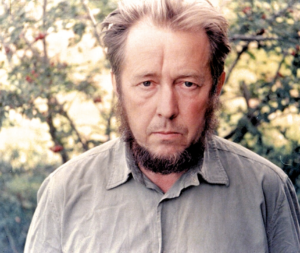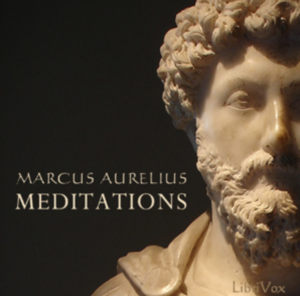A film shot in Yorkshire in 1973, physicist and philosopher Richard Feynman (1918-1988) talks with Fred Hoyle, an accomplished astronomer from the United Kingdom.
Feynman poses the question: “What, today, do we not consider part of physics, which may ultimately be part of physics?”
His answer is that the initial conditions of the universe, as well as the possibility that the physical laws themselves, evolve with time.
As he explains, there was a time when we considered the properties of substances to be chemistry, but as the quantum mechanical understanding of the atom evolved, we came to discover that this was actually all a part of physics.
In physics, our acceptance of the way things are (i.e. given conditions) without wondering why they’re like that is akin to playing chess without asking where the pieces should be placed before the game even starts.
It’s as though we’re doing a chess game and we’re working on the rules but we’re not worrying about how the pieces are supposed to be set up on the board in the first place. We tell ourselves, that’s not our business, that’s the business of cosmology and how the universe came to be. It’s interesting that in many other sciences, there’s a historical question. Like geology, we ask “How did the earth evolve into its present condition?”
In biology, it’s “How did the various species evolve to get to be the way they are?” But the one field that has not admitted any evolutionary question is physics. “Here are the laws!” we say. We don’t even think about how they got that way. We think, well it’s been that way forever, it’s always been that way. It’s always been the same laws. And we try to explain the universe that way. So it might turn out that they’re not the same all the time, and that there is a historical, evolutionary question.















